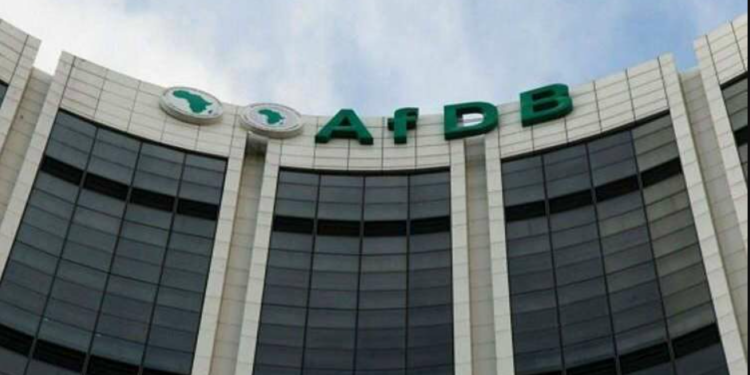The Federal Government of Nigeria is set to launch Phase One of the Special Agro-Industrial Processing Zones (SAPZ) programme, backed by a significant $538 million investment from the African Development Bank (AfDB).
In a statement on Sunday, the AfDB announced that groundbreaking ceremonies for the commencement of Phase 1 will be held on April 8 in Kaduna State and April 10 in Cross River State.
This landmark project, AfDB’s largest single-country programme to date, will be led by Nigeria’s Vice President, Kashim Shettima, and AfDB President, Dr. Akinwumi Adesina.
Construction will begin across eight key locations: Kaduna, Kano, Kwara, Cross River, Imo, Ogun, Oyo, and the Federal Capital Territory.
“The initiative is being launched at a critical time as Nigeria intensifies efforts to diversify its economy and combat rising food insecurity,” the statement read. “Kaduna and Cross River States will lead this agricultural transformation, marking a pivotal shift in Nigeria’s approach to agribusiness and food security.”
Unprecedented investment and scale
According to the bank, “With an unprecedented investment of $538 million, SAPZ Phase 1 marks the African Development Bank’s largest programme in any African country to date, underscoring the scale and significance of this undertaking.
The SAPZ initiative embodies President Tinubu’s commitment to strengthening food security, generating sustainable employment opportunities, and revitalizing peri-urban economies through innovative public-private partnerships.”
- The statement also highlighted that it would ensure private sector partners design, develop, and operate these zones, establishing a sustainable blueprint for agro-industrial growth.
“This launch is expected to catalyse momentum for SAPZ Phase 2, with an additional 28 states already positioned to participate in this agricultural renaissance.
The recent Africa Investment Forum in Rabat, Morocco, saw the bank secure an unprecedented $2.2 billion commitment for the Nigeria Phase 2 SAPZ, indicating strong confidence in the programme’s potential.
“Lessons learned from the initial phase will be crucial for accelerating the implementation of this next stage, “it said.
Addressing Nigeria’s food security challenge
The SAPZ initiative addresses Nigeria’s $4.9 billion annual food security challenge and the billions lost each year due to food insecurity. It represents a critical developmental priority and an undeniable economic imperative for the country.
Strategically designed to transform Nigeria into a global agribusiness leader, the programme effectively leverages co-financing and the specialized expertise of the private sector.
“The Special Agro-Industrial Processing Zone is about developing new economic zones across Africa, close to where farmers are. These zones have enabling infrastructure—power, water, roads, irrigation—and today, we’re investing over $3 billion in more than 11 countries,” Adesina explained.
He further emphasized that transformation without agricultural transformation is incomplete because agriculture touches the lives of people at the grassroots level.
More insights
The SAPZ Nigeria Programme employs a comprehensive three-pronged approach, focusing on infrastructure development, business environment enhancement, and skills development.
- It aims to establish robust infrastructure within the agro-industrial zones, strengthen institutional capabilities, support agricultural productivity, and attract private investment across diverse value chains.
- Strategically located in areas with high agricultural potential, these zones will be equipped with essential infrastructure and common services. They will also benefit from tailored policy incentives designed to seamlessly integrate agricultural and industrial businesses.
By clustering agro-processing activities within regions of significant agricultural advantage, the SAPZs will bring together producers, processors, aggregators, and distributors, thereby reducing transaction costs. Moreover, it will simultaneously drive productivity and foster enterprise development.
















